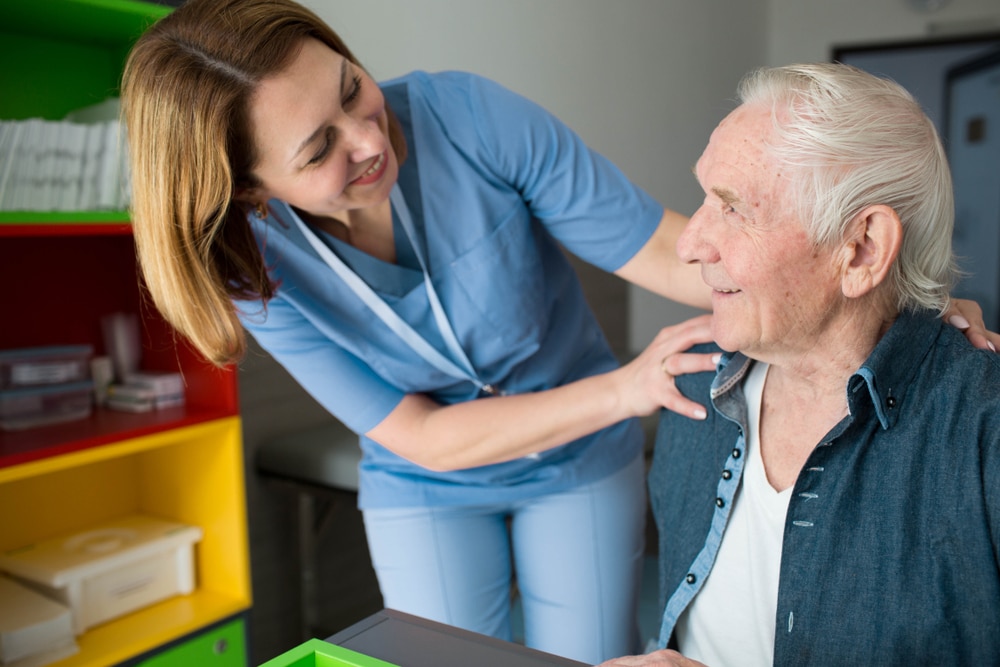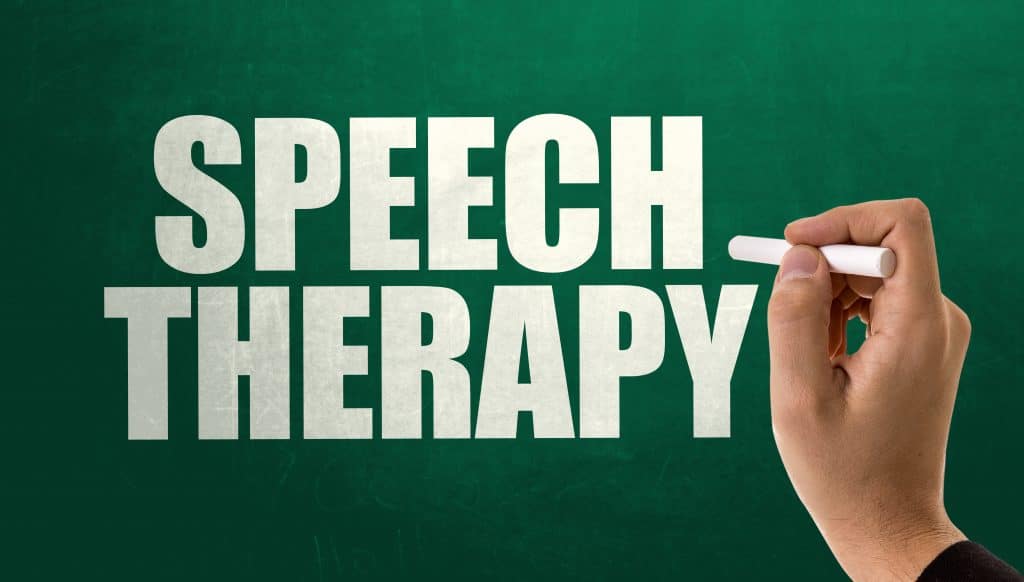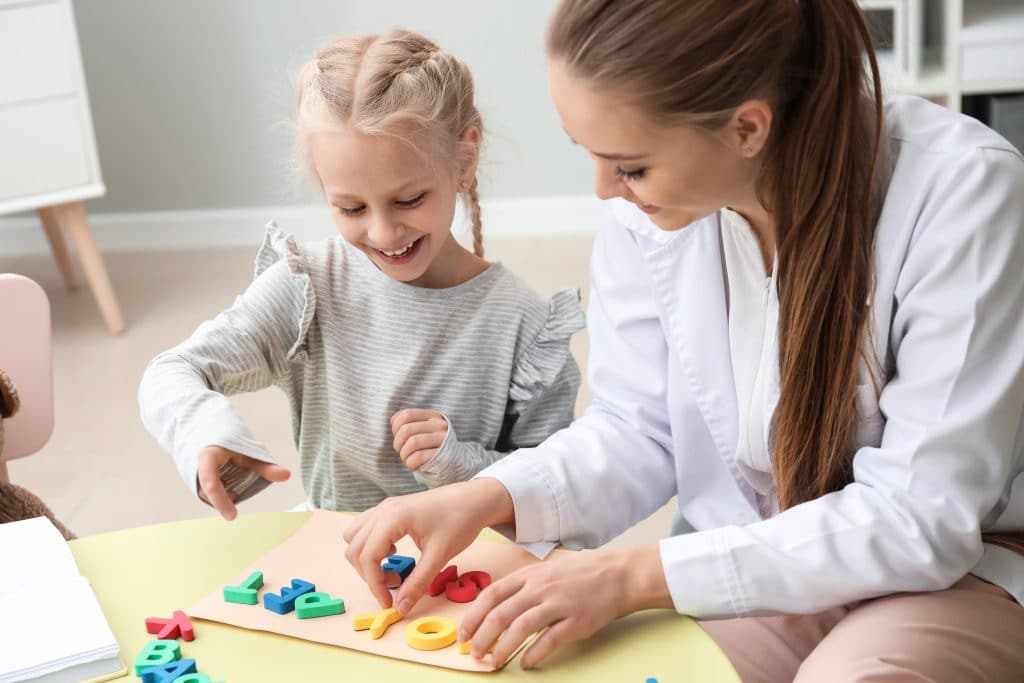Posts Tagged ‘speech-language pathologist’
What does a Speech-Language Pathologist do?
Speech Pathologists, also known as SLPs or Speech Therapists, specialize in communication disorders. They may help individuals of any age to communicate more effectively. SLPs work in a variety of settings, including schools, hospitals and long-term care facilities. They focus on speech, including voice, language, fluency, cognition and even swallowing. They work with individuals with…
Read MoreThe Importance of Therapy after a Brain Injury
March is Brain Injury Awareness Month. Brain injuries can be very complex, and no two brain injuries are exactly the same. According to the Brain Injury Association of America, an acquired brain injury is one that happens in the course of someone’s lifetime, and it is not congenital or induced by trauma during birth. These types…
Read MoreWhen is National Speech Language Pathologist Day?
The field of speech pathology first started to gain interest in the early 1900’s. As soldiers returned home after fighting brutal wars with traumatic brain injuries, the interest in speech pathology grew. In the year 1926, the American Academy of Speech Correction was established. In the year 2010, United States dedicated May 18th as the…
Read MoreHow to Become a Speech-Language Pathologist
Becoming an SLP 1. Understand the Important Role of a Speech Pathologist The first step to becoming a Speech Pathologist is to understand its essential role in healthcare. Nearly 7.7% of U.S. children ages 3-17 and 7.6% of adults have had a disorder related to voice, speech, language, or swallowing in the past 12 months…
Read More9 Reasons to Become a Speech-Language Pathologist
1. Impacting Children’s Lives Impacting a child’s life for the better is certainly the best part of the job. You are teaching them skills that will affect the rest of their lives. Whether its teaching them how to say an /r/, understand non-verbal/social cues, take directions, or speaking without stuttering, you know you are making…
Read More




